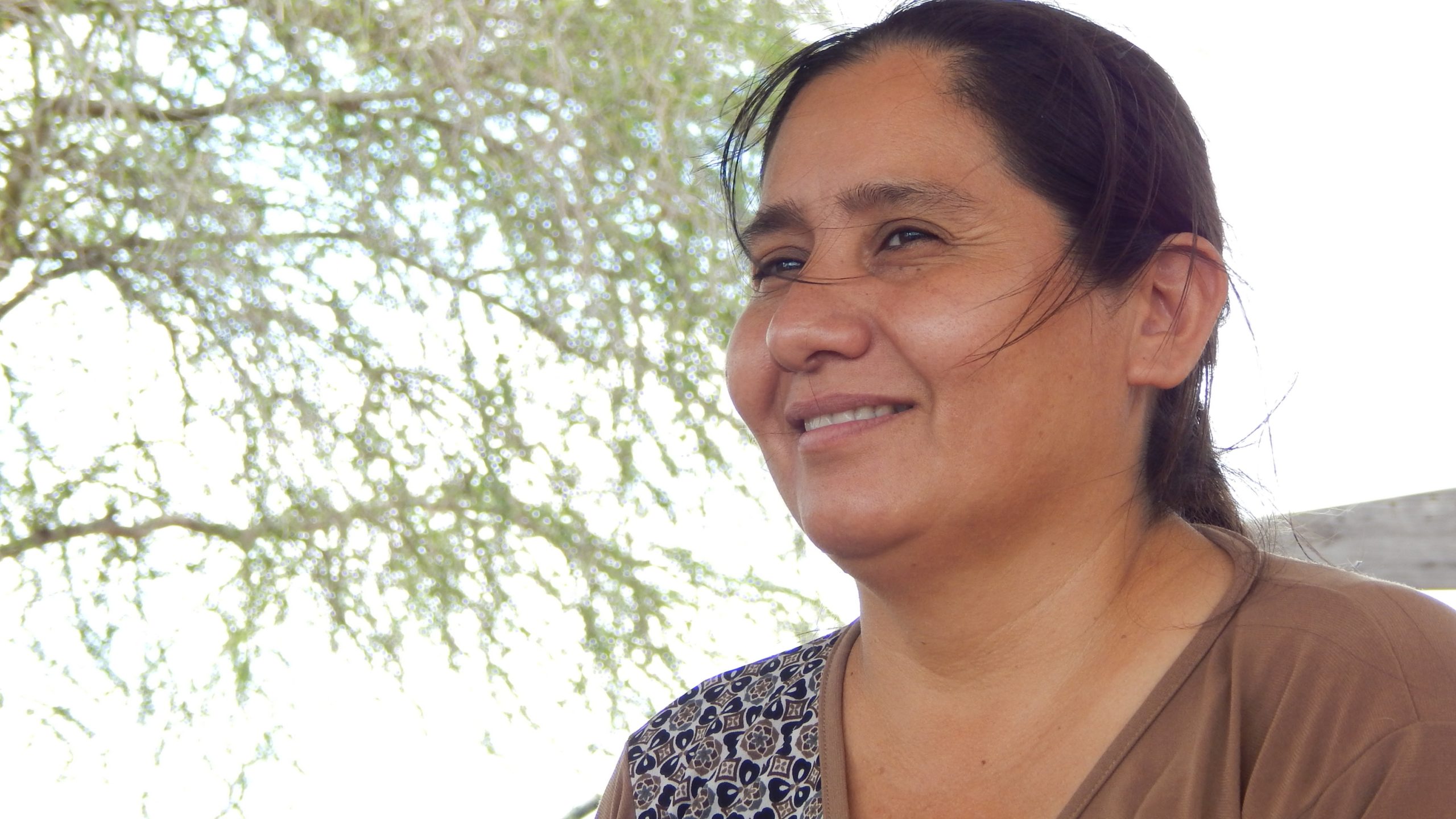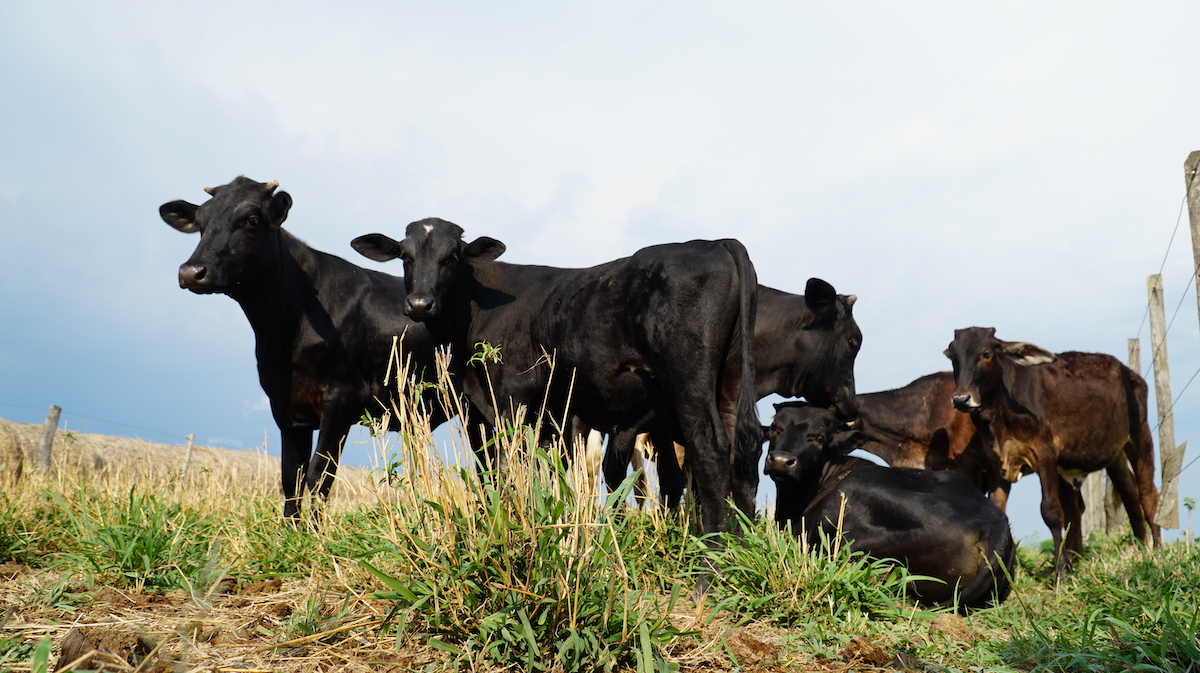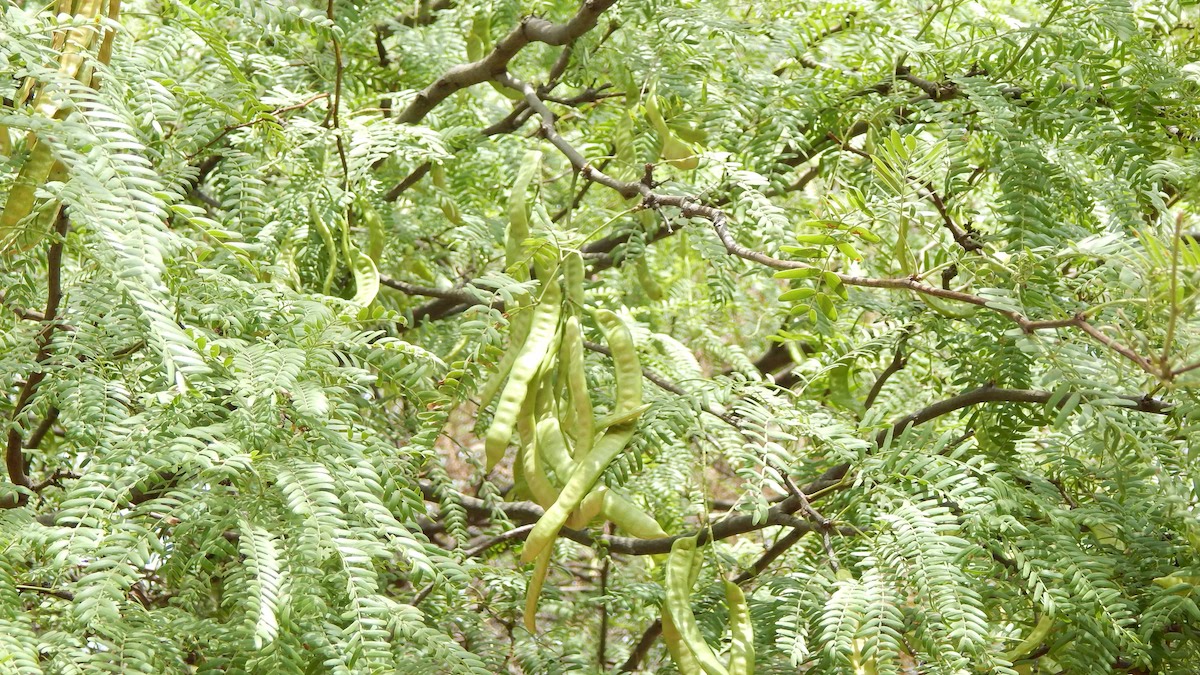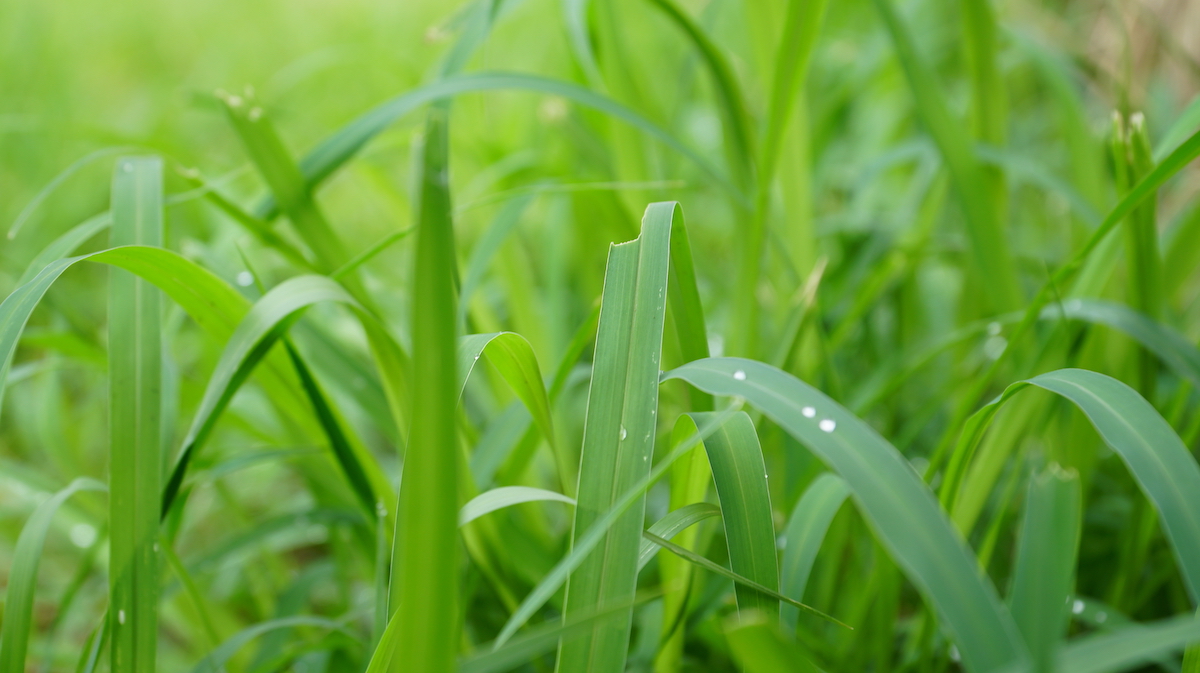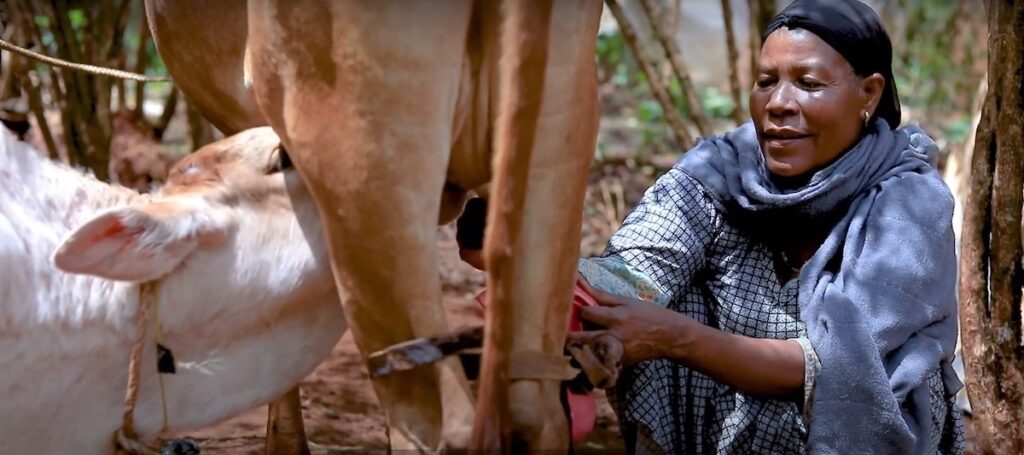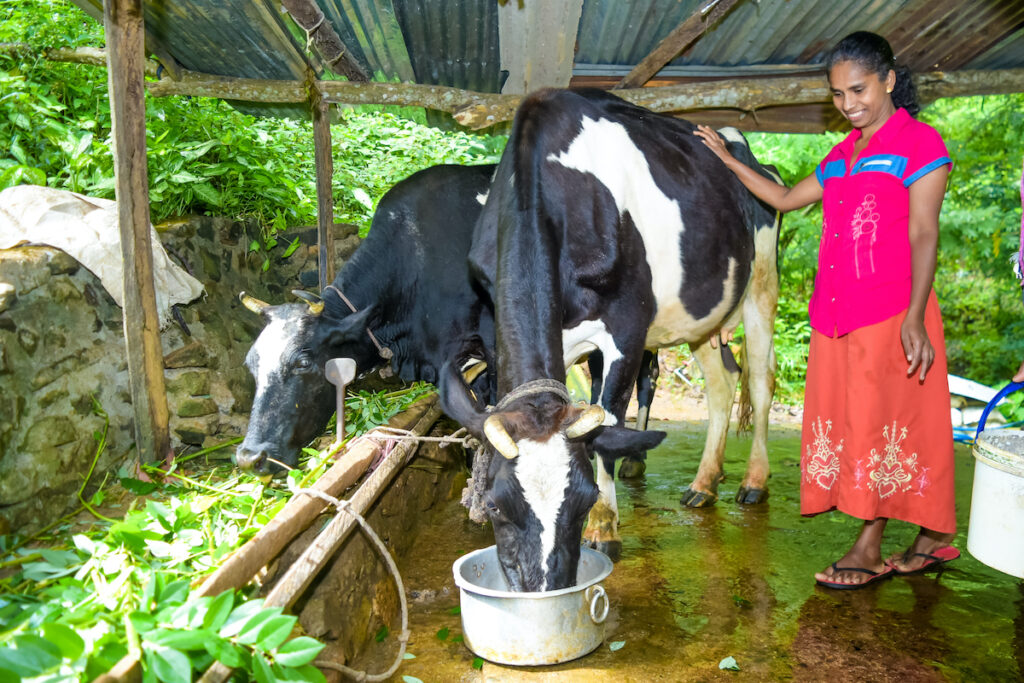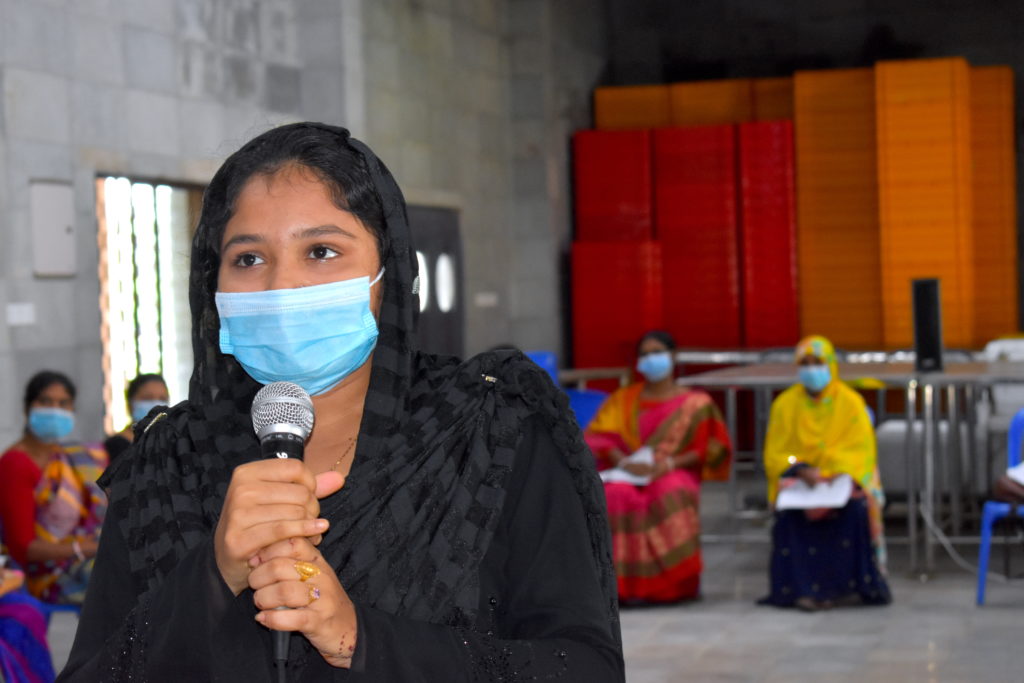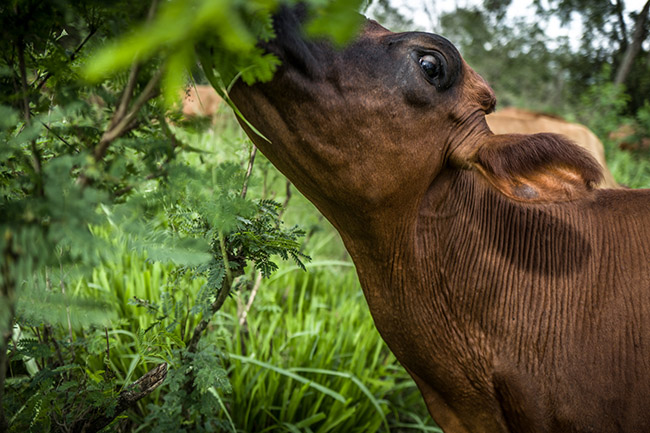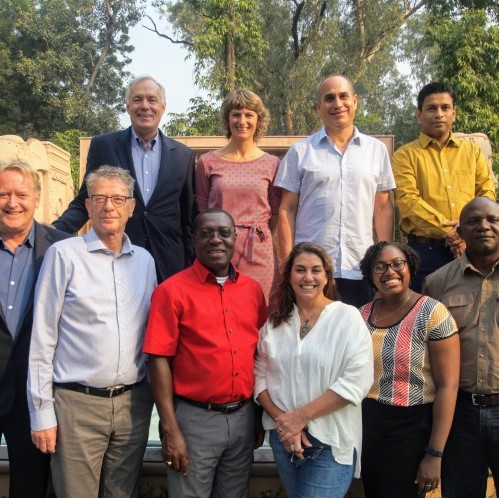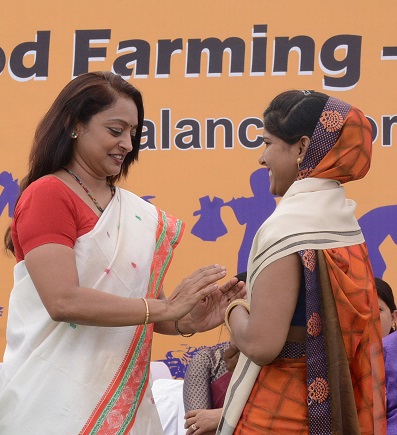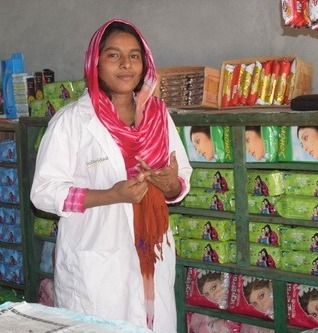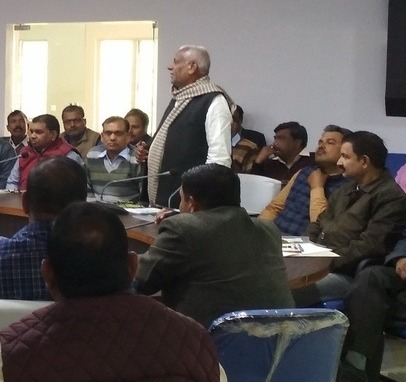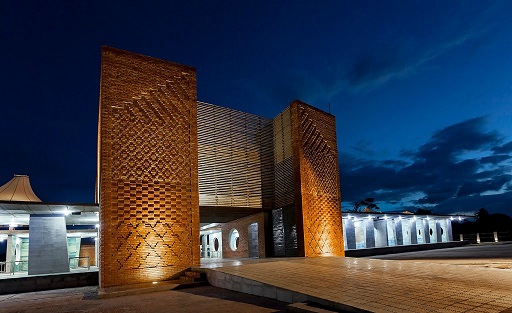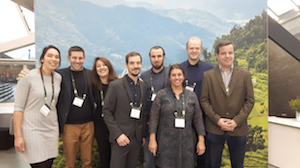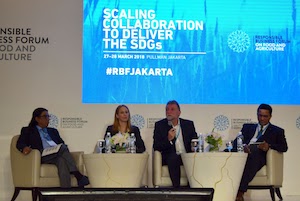Seven years ago, Casilda and her husband came to Campo Aceval, hoping to start their own business after a lifetime of working for others. They seized their opportunity by taking over a family farm in an area that provides milk to one of the largest dairy companies in Paraguay, Chortizer, or “Chorti” for the locals. Despite the presence of the company is incentivising many to get involved in the dairy business, producers must first adapt to the extreme weather. During the dry season, the ground becomes cracked and roads dusty, cows show nothing but skin and bones, and dead fish skeletons signal where there was once water. After months of drought, this is then followed by major floods, which makes it vital to store food, grass, and water.
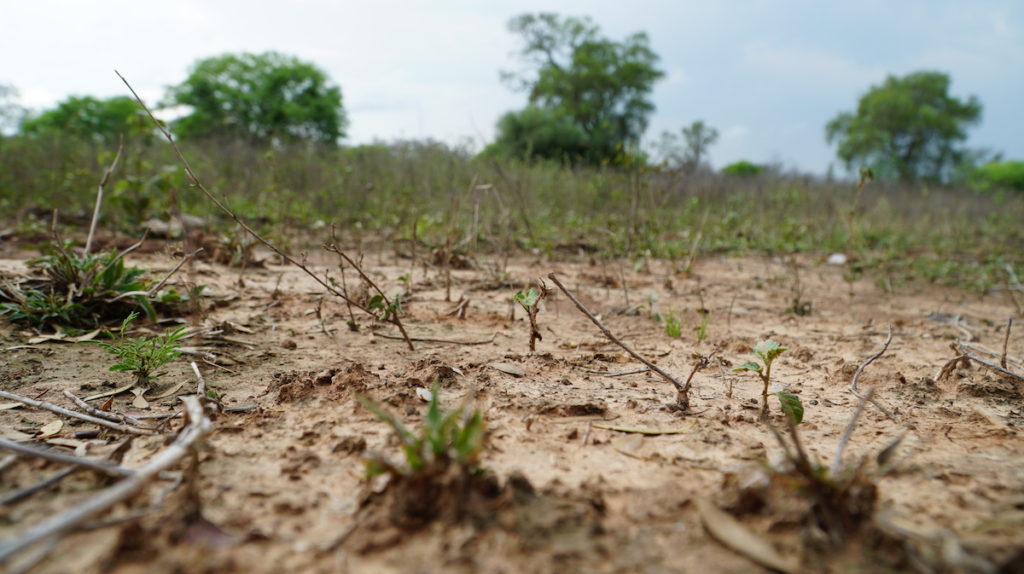
Bringing stakeholders together
To help realize their livelihood ambitions, Casilda and her husband joined the Campo Aceval cooperative, where Casilda became one of the few women directors. Unfortunately, cooperatives do not always have the means to offer technical assistance to their members, which limits the possibilities to increase milk production. Furthermore, the lack of coordination between the different levels of public authorities usually leaves producer members without an institutional response to droughts and floods. Regardless, Casilda was determined to learn and take advantage of their land, showing her neighbors that she could be a success. “Many discouraged me and said I couldn’t grow anything here, but with sacrifice, the land yields its fruit.”
In this context, Solidaridad arrived at Teniente Irala Fernández – the municipality where Campo Aceval is located – in 2017 with an unprecedented proposal: to bring together the leaders of the dairy cooperatives, the public authorities, and the neighboring indigenous communities to develop and co-finance joint solutions to cope with the harsh climatic conditions. Based on an agenda agreed with the cooperatives, Solidaridad hired and trained local field staff to advance on the adoption of good pasture management, nutrition, genetics, and health practices with the associates.
Putting new knowledge into practice
Casilda and her husband joined the project with their eight dairy cows. She and her neighbors received pasture seeds to recover bare ground, advice for the conservation of forages, and electric fences to set up rotational grazing schemes that would protect the soil. The majority replicated these practices with their own resources in more than 40 hectares. Casilda also received Algarrobo (Prosopis alba) seedlings, a native tree species, to plant in a series of cattle paddocks and learned that nature could become her best ally.
I heard that grass could not grow under the Algarrobo and people cut them down, but in the field trip I participated in I saw the opposite.
Caslida, Diary farmer
And then, the ultimate test arrived. “During the drought, my cows could eat the fruits of the carob trees, and that helped them to quickly fatten and produce milk. It has a lot of protein. That’s something I learned from Solidaridad, silvopastoral management with Algarrobo trees.” Also, the weather flooded 98 percent of Casilda and her husband’s farm in 2019, the worst recorded flood in the area for 50 years. But they were properly prepared. “The pastures rotted, but we had hay and corn. And the cooperative helped us buy sugarcane and more hay when our storage ran out.”
Seeing results
Despite the climate crises, the pilot farms managed to increase their production by 17 percent, and producers managed to increase their income by 75 percent, compared to the baseline. Moreover, the project managed to demonstrate that good practices can mitigate GHG emissions from dairy farming by 29 percent per hectare, which resulted in 63 percent less GHG emissions per litre of milk produced. To sustain these results over time, Solidaridad strengthened the cooperatives’ technical and administrative capacity to plan and execute activities and helped them understand their costs to face climate challenges in a financially sustainable way. The conclusion was that at a daily cost of 0.0062 EUR per litre of milk -variable according to the volume produced- three of the five cooperatives participating in the project were ready to self-finance their technical assistance.
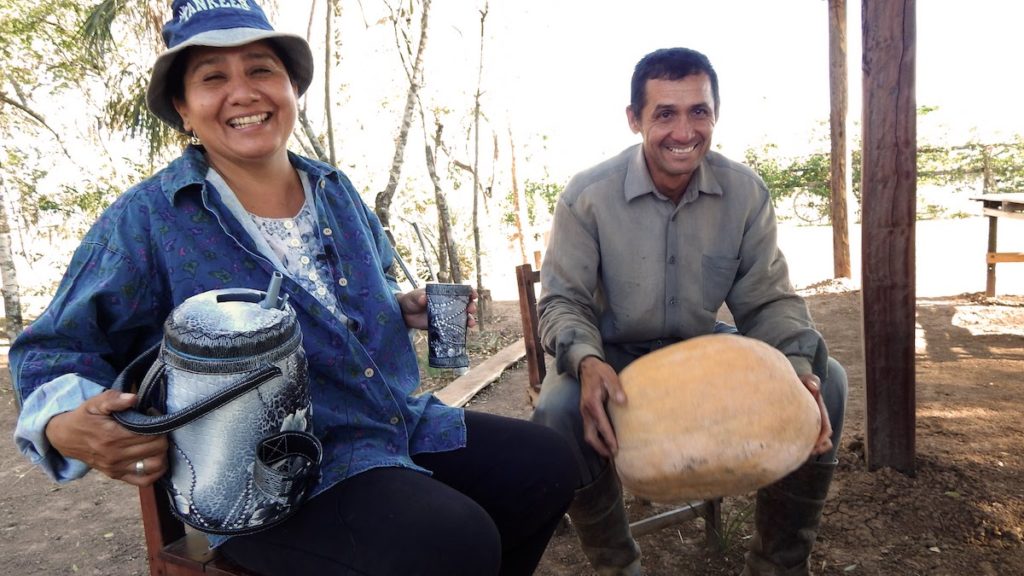
In the future, Casilda hopes her cooperative will be able to invest in collective water reservoirs and be able to learn artificial insemination with her husband. Casilda and her colleagues from the cooperative end this cycle with a better-organized cooperative, more resilient fields, and more tools to mitigate their production and financial risks. Besides, through the landscape governance group, they can continue seeking solutions and finding synergies for shared and sustainable development in Paraguayan Chaco without modifying the habitat.

